Britain under Keir Starmer – better future or bitter disappointment?
UK Labour leaders arrive in No. 10 to find their soaring ambition tested by the realities of government, but never has the party’s assumption of power involved so much uncertainty.
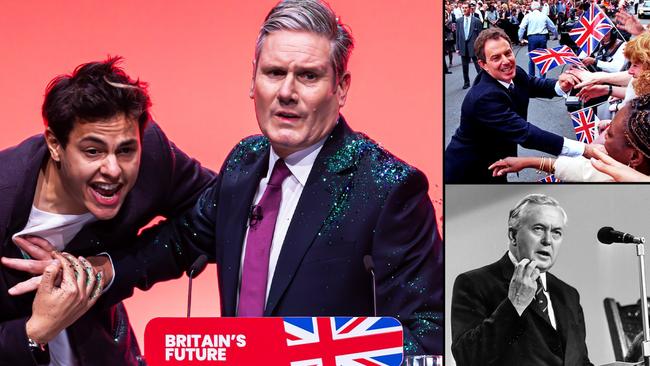
It is the summer of 2029, and after five years of Keir Starmer’s revolution, Britain is a nation transformed. Across much of the countryside you can hear the sound of hammers, as builders put the finishing touches to his promised 1.5 million new homes. Thanks to the efforts of Great British Energy, the new publicly owned clean energy giant, their residents can look forward to much lower bills.
With the collapse of so many private schools after the imposition of VAT on parents’ fees, Britain’s children will grow up in a more egalitarian country than ever before. The downside is that so many higher earners have left the country, not least to escape Europe’s highest capital gains taxes, and that so many jobs have followed.
But Starmer’s ministers are confident that things can only get better. For with votes for 14-year-olds next on the agenda, few observers doubt that Rejoin will romp home in the coming EU referendum. Such is one version of Britain after five years of a Labour government, and whether you think it’s plausible probably depends more on your own prejudices than on my skills as a soothsayer.
Other futures are available, however.
As we peer into the crystal ball, another Britain takes shape – a beleaguered, disappointed and increasingly fractious country. With more boats crossing the Channel every day, illegal immigration is higher than ever. Far from falling, NHS waiting lists remain stubbornly long. Starmer’s planning reforms have become bogged down; growth remains frustratingly elusive. And despite his huge majority, his party has become bitterly divided over Britain’s relationship with the EU. No wonder Nigel Farage is leading in the polls.
When we look back in five years’ time, will either of these scenarios seem remotely prescient, or will they look equally absurd? Probably the truth will lie, as so often, somewhere in the middle. But the fact that it’s so hard to be sure tells its own story.
We’ve seen plenty of changes of the guard in the past century of British politics, from Clement Attlee’s landslide in 1945 to Tony Blair’s new dawn in 1997. But never has such a dramatic break come with so much uncertainty. Never has a potentially all-conquering winner aroused so little enthusiasm among his own supporters; never have his plans, his instincts, his deepest impulses seemed so frustratingly opaque.
So what will Starmer’s Britain look like? To get a sense of his trajectory, it’s tempting to turn to his manifesto. But manifestos are rarely good guides to their authors’ intentions. When Margaret Thatcher shattered the consensus in 1979, her manifesto was so vague that the cartoonist Nicholas Garland drew her as a housewife holding a shopping bag, labelled “We’ll let you know after we win”.
Even by those standards, Starmer’s manifesto is extraordinarily noncommittal. He promises to spend pounds 1.7 billion on his vaguely defined Great British Energy company; he intends to make parents at independent schools pay VAT; and he plans to conjure up, as if from nowhere, 40,000 extra NHS appointments a week.

But in stark contrast with Jeremy Corbyn in 2019, there is very little sense of ideological direction. With a few tweaks, it could easily be a Liberal Democrat or even Conservative manifesto – not because it’s particularly right-leaning, but because it says almost nothing at all.
Nations are not, of course, defined entirely by their leaders. Historians might talk of Attlee’s Britain or Thatcher’s Britain, but those countries contained millions of people who actively despised the prime minister, and millions more who rarely gave politics a second thought. Still, great leaders leave a mark in the national imagination.
Do Starmer’s record and personality give us any hints of what life will be like under Labour? One or two, perhaps. As Hugo Rifkind observed a few days ago, the Labour leader sometimes betrays flashes of impatience, disappointment, even contempt when facing people who lack his ponderous earnestness, exemplified by his withering dismissal of Boris Johnson as a “trivial man”. You get the impression that for Starmer, there is no more damning epithet.
But if this is Starmer with a crushing lead, what will he be like under pressure, the public loudly dissatisfied, the press baying for answers? It’s easy to picture him: prickly, defensive, visibly frustrated at the failure of the British people to understand his burdens. To some extent all prime ministers end up this way, but it’s useful to have a light touch, a wry smile to relieve the tension. Starmer’s friends insist he has a tremendous sense of humour. But given that he doesn’t show it now, I doubt we’ll see it in Downing St.
What about his political instincts? Although the more excitable of Corbyn’s old aficionados dismiss Starmer as a closet Tory, there’s no reason to doubt that, deep down, he sees himself as a man of the left.
Another Times columnist, Daniel Finkelstein, noted this week that Starmer “rattled tins to raise money for Arthur Scargill’s miners’ strike”, considered Neil Kinnock “too right-wing”, acted as a legal observer for the Wapping pickets, edited a Marxist magazine, “aided the defence in the McLibel trial, joined lawyers calling for a united Ireland and marched against the Iraq war”. That’s too long a record, too openly displayed, to be brushed aside as a string of aberrations.
What most characterises Starmer’s politics, it seems to me, is something that would have been very familiar to previous Labour election winners: the irreconcilable, agonising tension between idealistic heart and pragmatic head. Ramsay MacDonald, one of the party’s founding fathers, ended up leading a national government dominated by Conservatives. Clement Attlee, who briefly flirted with the hard left in the early 1930s, used troops to break strikes more than a dozen times as prime minister.
Harold Wilson, who began his premiership as a convinced advocate of state planning, ended up being denounced by his own activists as a puppet of international capitalism. And we often forget that even Tony Blair, “intensely relaxed about people getting filthy rich” (to quote his consigliore Peter Mandelson), had begun his career as a man of the left, winning election for Sedgefield in 1983 as an apparent devotee of Michael Foot.
In a sense, therefore, Starmer’s tightly controlled public persona, his appearance of frustration and impatience, his air of holding deeply buried passions in constant, stifled check, is merely the physical embodiment of a dilemma that has long troubled Labour. How does a party steeped in the language of socialism govern a capitalist country? How does a political enthusiast run a country in which most people can barely bring themselves to think about politics at all? How does an idealist persuade a nation of sceptics?

Some of Starmer’s fans compare him to Tony Blair, 10 years his senior. It’s true that both formed their politics in opposition to Thatcherism. But anybody hoping that the mid-2020s will be a rerun of the late 1990s is in for a deep disappointment, for the differences are glaring. Starmer’s political persona is much gloomier than Blair’s; in public, at least, he comes across as less engaging, less open, more cautious. Blair’s popularity when he won office was truly remarkable: at the beginning of 1997 his net satisfaction rating was +18 per cent; Starmer’s at the beginning of this year was -18 per cent.
Above all, Blair was extraordinarily fortunate to take office during a period of cultural excitement – Cool Britannia was well under way – and abundance. Thanks partly to the Tory chancellor Kenneth Clarke, the economy had grown by more than 3 per cent for the previous four years, and in 1997 it grew by almost 5 per cent. This year, if we’re lucky, it may grow by 1 per cent. To put it another way, Blair had money, but Starmer won’t – and in politics, money is very nearly everything.
What, then, of Starmer’s older predecessors? His critics on the hard left might enjoy comparing him to MacDonald, the most maligned of all Labour’s prime ministers, banished forever after splitting the party in 1931. Actually, the comparison isn’t entirely baseless. MacDonald, the illegitimate son of a Scottish labourer and a housemaid, was acutely self-conscious about his background. So is Starmer, who visibly bristled when a debate audience laughed at his constant references to his toolmaker father. His father, he said angrily, felt “disrespected” all his life.
Perhaps that explains why Starmer is always so neatly turned out: always dutiful, always respectable. As it happens, respectability has long been a Labour ambition. When the party first took office in 1924, one of MacDonald’s ministers explained the plan was “to show how respectable [we] are”.
And whatever happens in the next five years, I’d be astounded if Starmer himself falls short of these standards. He may not be a good prime minister. But he’ll be a respectable one, which isn’t something you could say of some recent incumbents.
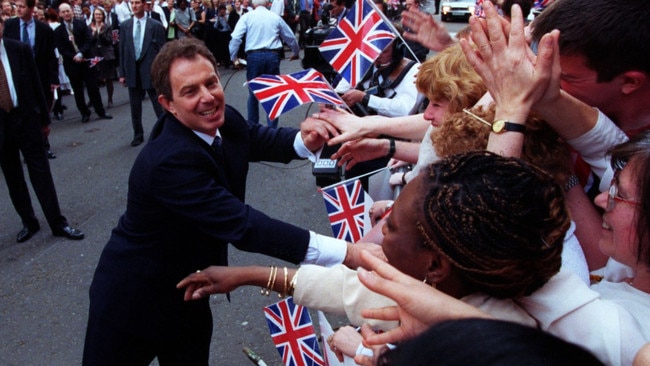
The deeper lesson of MacDonald’s two spells in office is that there is no escaping the wider context. The manifesto on which he won office in 1923 promised an end to unemployment, the “abolition” of Britain’s slums, full “equality of opportunity in education”, a package of tax cuts and a bold step towards “disarmament, the only security”. For obvious reasons, none of this was delivered. Even with a fair wind, much of it was impossible; and in the 1920s the winds could hardly have been fouler.
A century on, nothing has changed. No matter how soaring a victorious party’s rhetoric, it will always be the prisoner of circumstances. Even the most effective of all Labour governments, Attlee’s ministry between 1945 and 1951, was beleaguered from the outset since Britain was exhausted, bomb-scarred and in effect penniless. It says a great deal for Attlee’s competence that his government achieved as much as it did, from the foundation of the NHS to the extension of the welfare state.
But the difference is that he came into office with a detailed agenda, thanks partly to Beveridge’s report on social policy three years earlier. And Attlee was pushing at an open door: after the war, public enthusiasm for state intervention was greater than at any time before or since. That’s not true today.
A better comparison, I think, is with another unpretentious, technocratic, slightly humdrum Labour leader who took office after a long period of Tory rule with the headlines full of stagnation and decline. When Harold Wilson became prime minister 60 years ago, his ambitions were grander than Starmer’s. He promised to remake British industry in the “white heat” of the scientific revolution and committed himself to a national plan to drive up economic growth.
The days of scandal and failure were over; now would come “the ending of economic privilege, the abolition of poverty in the midst of plenty, and the creation of real equality of opportunity”.
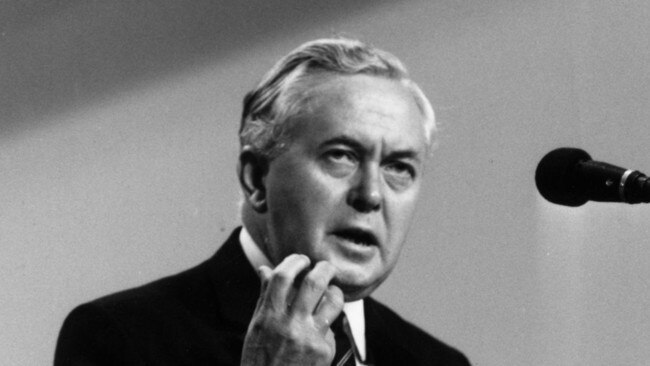
What followed, however, was a perfect illustration of Labour’s eternal difficulty in reconciling high-flown ambitions with the frustrating realities of government. For when Wilson arrived in Downing St in October 1964, he found that Britain was running a much bigger deficit than he had imagined, piling intense pressure on the pound.
Running the country, he discovered, was not a matter of pulling levers and making things happen. It was a question of choosing from a series of unpalatable options and steeling himself to deal with the consequences. As his political secretary, Marcia Williams, later remarked, government was “not as happy and pleasant as you thought it would be”. All you could do, she said, was to “make the best of a bad job”.
Having previously boasted that as prime minister he planned to “sit back and study strategy” while his ministers got on with it, Wilson found himself drawn ever more deeply into micromanagement, furiously dashing off memos about machine tools production or traffic jams in central London. Such, perhaps, are the perils that await any dutiful, interventionist Labour prime minister. “I can tell you this, I have never read a book in No. 10,” Wilson once lamented to his friend Richard Crossman. “I’ve got to cover everything.” I can imagine Starmer saying that too, one day.
Of course, history never repeats itself. Politicians are no more prisoners of the past than the rest of us. But it would be surprising if some familiar themes don’t reappear in the next few years. If Starmer is serious about spending more money on public services, the tax burden on higher earners will surely go up, as it usually does under Labour governments. The state will get bigger, partly through plans to take buses and trains into public ownership, but also through the growth of a risk-averse regulatory culture. We can expect ministers to wag their fingers more vigorously than ever: the proposed ban on energy drinks for teenagers, for example, is probably just the start.
Yet will things change as much as Starmer’s enthusiasts hope, or as his critics fear? That seems unlikely. The ship of state is hard to turn around, and very few modern governments – Attlee’s? Thatcher’s? – have genuinely transformed the life of the nation.
Indeed, of all the dangers for Starmer, this is probably the greatest. Labour governments almost always take office with grander ambitions and higher hopes than Conservative ones, but that means their activists feel the disappointment all the more keenly. Starmer’s majority may make him unassailable. Even so, his experience of government may be unhappier than he thinks.
As for what Starmer’s Britain will be like for the rest of us, there’s an easy answer. Most people will barely be conscious that they’re living in Starmer’s Britain, because few care deeply about politics and even fewer define themselves by it. In his wonderful book on the Attlee years, Austerity Britain, the historian David Kynaston quotes a diarist writing in the wake of Labour’s landslide victory.
“The election result is still creating talk,” she mused on the Sunday after the election. “I wonder where this Labour government will lead us to.” And then, in the next breath, she switched to something much more important: “I heard that ladies’ shoes are going to 9 coupons on the new books. I expect it is true.”
Politics mattered, then, but not as much as shoes. There spoke the voice of the nation. In that respect, at least, things haven’t changed at all.
The Times


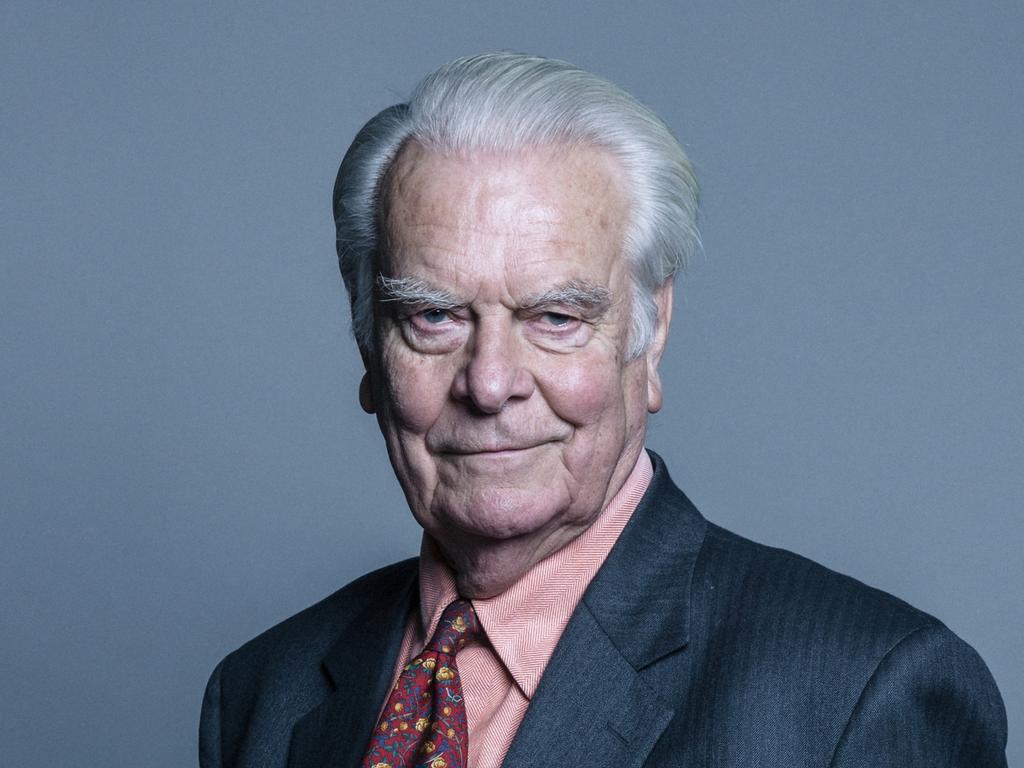
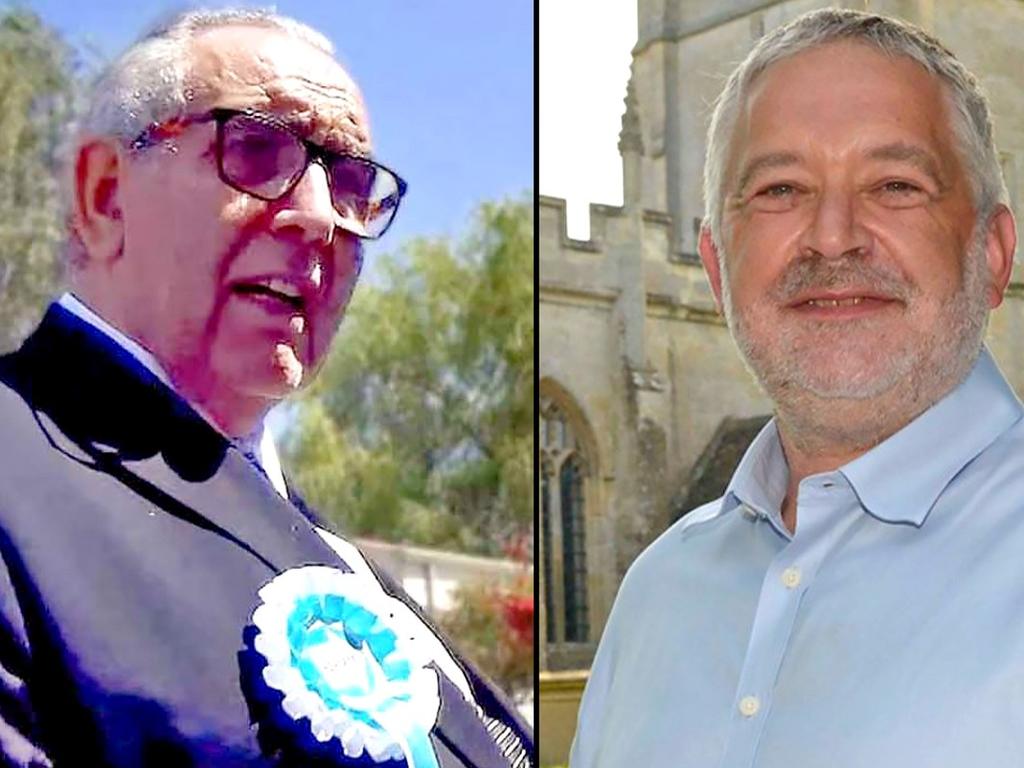


To join the conversation, please log in. Don't have an account? Register
Join the conversation, you are commenting as Logout